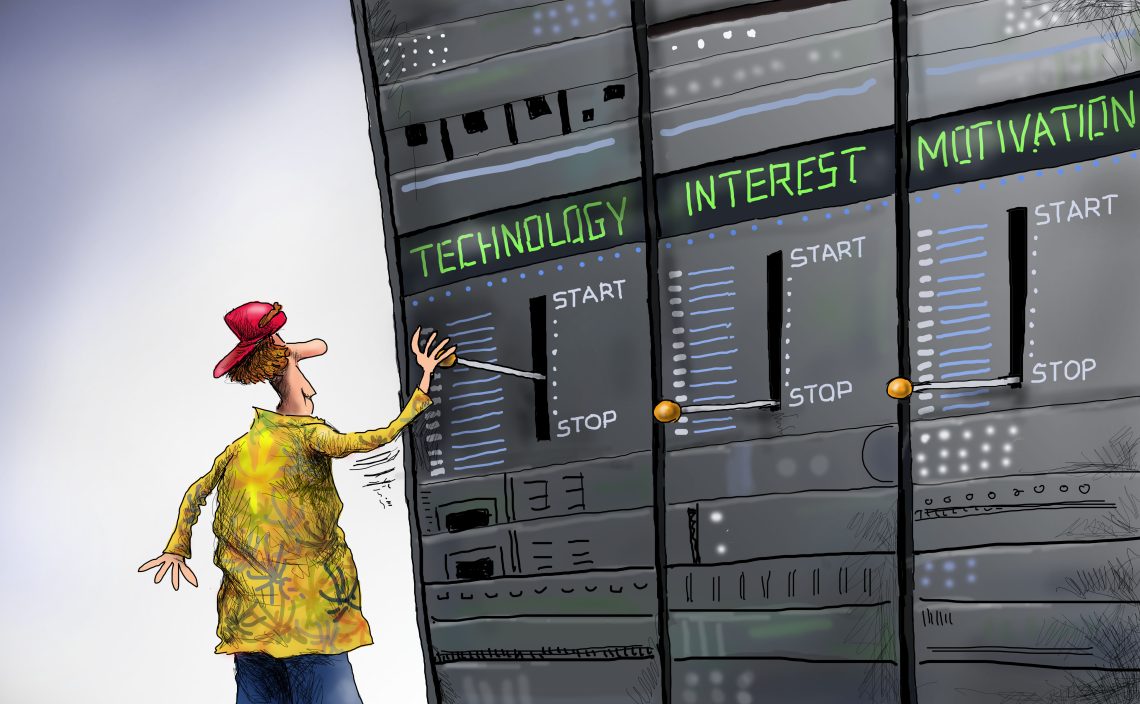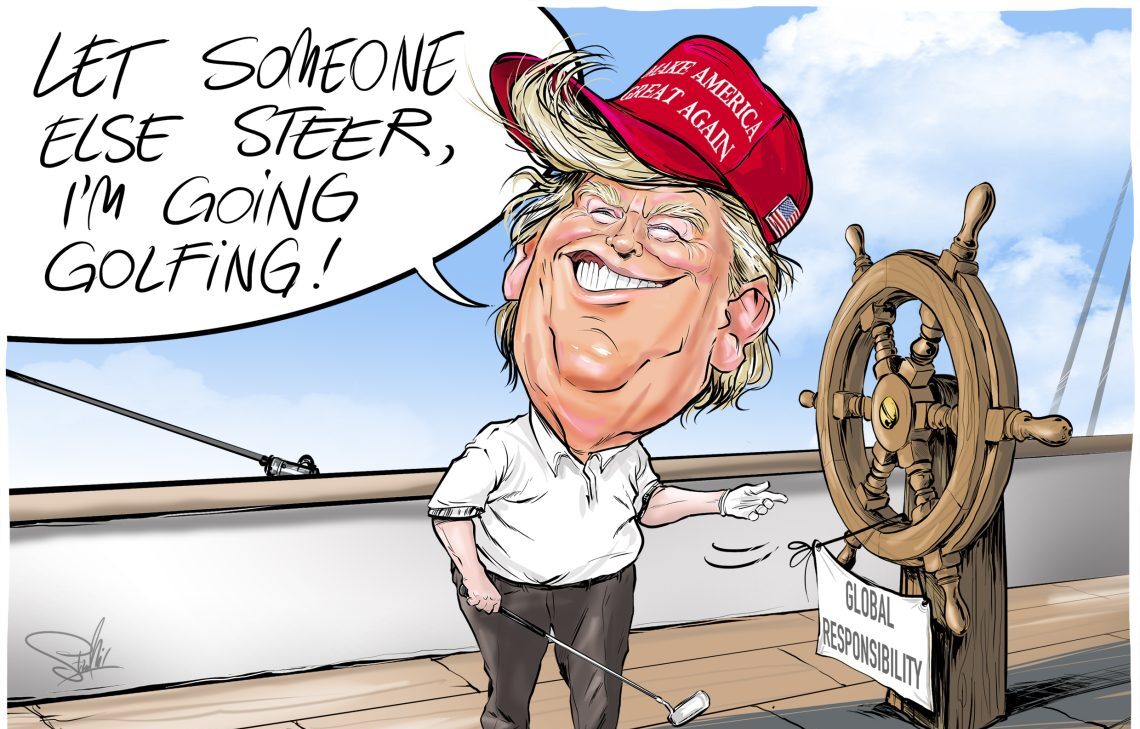Reducing the role of cash will destroy the public’s trust in money
Money facilitates trade and serves as remuneration for work. It also stores value. Money that is earned but not spent becomes savings, which can provide capital for investment. The effort expended in providing labor, services, or entrepreneurial activities, as well as the need for goods and investment, form the basis for the value we place in money, writes Prince Michael of Liechtenstein.
Today, that value is based on trust. People believe that the institutions which print or issue currency – such as central banks – will fulfill their obligation to protect its value. Most central banks have such an obligation written into their statutes. But they can only do so when they are independent: monetary policy must be kept separate from the government’s fiscal policy. When politicians gain control over monetary policy, the temptation to misuse the central bank’s ability to create money to fund all their wild spending desires might become too big to resist.
Unfortunately, when the fiscal crisis hit the U.S. and Europe, central banks started buying government debt. These were thinly disguised measures to give governments fiscal breathing room, and they were financed through the artificial creation of money. Money should represent value, but the new funds issued did not represent the creation of any new value. The amounts involved are so mind-boggling that people could begin to lose their respect for money altogether.
But there are a number of other signs that the value we put in money is becoming increasingly endangered. This goes especially for the euro, the U.S. dollar and the yen.
When central banks set interest rates at extremely low levels, and especially when interest rates are negative – as in the eurozone and in Japan – it erodes the incentive to save. Savers such as pension funds are punished. However, it helps governments reduce borrowing costs and thus rewards overspending.
The heads of the German Bundesbank and the Banque de France, both members of the board of the European Central Bank, have called for the introduction of a centralized European Ministry of Finance in order to save the euro. This is a sign of alignment of fiscal and monetary policy and a very strange call from central bankers. The only plausible reason for this appeal is the hope that an EU finance ministry would be more disciplined than national ones. Knowing politics, this is highly unlikely.
The entire global monetary system has become abstract and opaque. It is even difficult for economists to understand. This does nothing to increase confidence. Cash, in the form of physical notes and coins, however, are tangible, and can help maintain the public’s trust in money.
Calls to reduce the use of cash – and even to abolish it altogether – have become widespread. They can be heard from Harvard economists to bankers to European governments. Various pretexts are offered: fighting terrorism, simplifying transactions, improving hygiene. But abolishing cash won’t accomplish any of these things. Instead, the agenda appears to be twofold: first to facilitate the nationalization of private savings – a sort of legalized theft – and second, to give the state total control over citizens’ finances.
Getting rid of cash would eliminate the last physical point of contact between the broad public and money, and would finally destroy any remaining confidence in it. The result would be an expansion of the black market. In the end, this could prove beneficial, at least economically speaking, since it would create a “free” market. However, it would further erode the rule of law.
Moreover, as understanding of the monetary system and voter interest decrease, less accountability will be needed. This will allow governments to behave even more irresponsibly with public finances. The end of trust, combined with the loss of accountability, could destroy the world’s monetary system.
Read the original statement “Reducing the role of cash …” here -> GIS
































